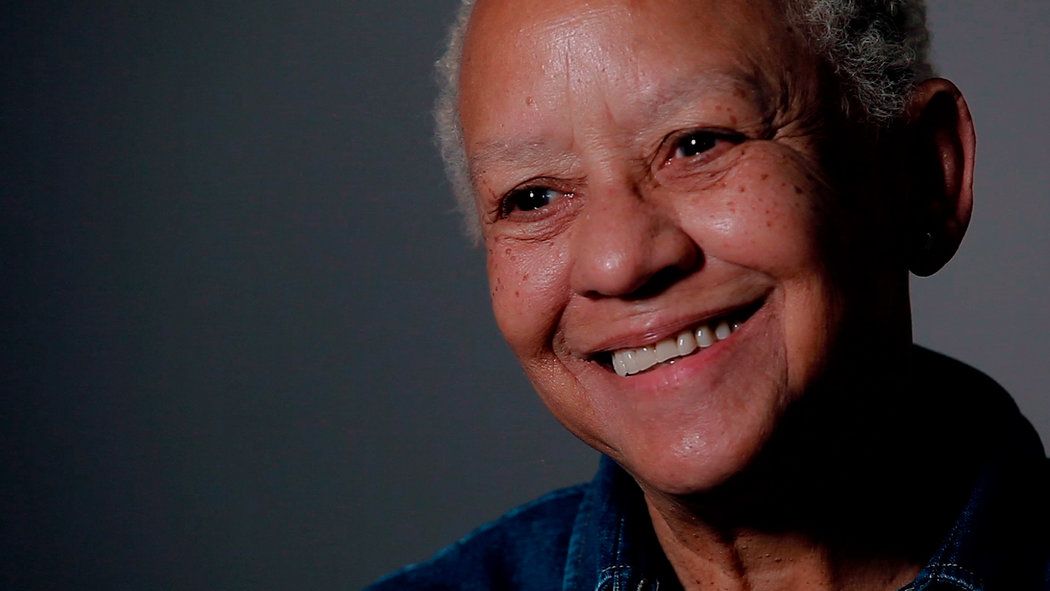
In a new interview with The Creative Independent, iconic poet Nikki Giovanni shared some reflections on life and work. The award-winning author of 28 books shared some crucial insights for anyone who might consider themselves a creative.
The work should be the reward.
It’s incredibly comfortable and nice when you can look at your own work and say to yourself, “I did a good job.” And then you let it go, because anything else is going to make you crazy, and anything else, you’re going to be trying to impress people who don’t even like you. That’s the truth! You have to be very careful of letting people who not only don’t know you, but don’t understand you, don’t like you… you can’t let those people determine who you are.
When I did the conversation with Jimmy, there were people standing in line for that—it was more Jimmy than me. I’m very fortunate to have a publisher; I’ve been with HarperCollins now for 40 years. I haven’t jumped around. Poets don’t make money. If you’re not looking for, “Oh, I want to write a book, and there’ll be a movie, and I’ll become rich and famous,” you’ll be happy. There can be a kind of freedom, when the reward is itself the work.
I hope that I’m reminding them, and I do say it oftentimes, that as writers, you trust your own voice. A lot of people write and think, “The public will like this,” or, “This will be important,” but you are your first reader. The first person that has to be impressed with what you’re writing is you. You always have to remember that.
You have to read the poem and say, “My god, that’s a good poem,” and kind of smile at yourself. If you’re not willing to do that, then you’re wasting your time, and you’re hurting yourself in another way because you’re trying to please somebody who doesn’t like you. You don’t want to get in that position.
Don't be afraid to change your position.
The main thing that I say to my students, and I’d say to all of your readers, is don’t be afraid to contradict yourself. Because you learn so much. I think I published my first book in, what, ‘67 or ‘68—and this is 2017, almost 50 years later. In that time, I have to have learned something. I have to have looked at something differently—so there’s going to be a contradiction someplace. As a writer, you have to be willing to contradict yourself.
Every poem is not going to do everything. Poems are like food. I’m a foodie and a good cook—at some point, you are saying to yourself, “Well, I know that this meal is all right.” That doesn’t mean that tomorrow I’m not going to do something else.
That’s what poems do. You do what you do, and it makes sense, and you’re proud of it, and you say, “Wow, that’s very nice,” but, you know: Today you’re frying chicken and you’re making mashed potatoes, and that was really good, but you didn’t have green beans. Or you didn’t make a salad. There’s something that you didn’t do. You’re not going to blame yourself for that. What you end up saying is, “Next time I’m cooking, maybe I will start with a great salad,” because I’m a salad freak. I really like very fresh greens. “I wonder if I made my salad with olive oil instead of walnut oil,” you make these differences, and you go, “Oh, that’s really interesting.” You’re trying to tell yourself there’s something else to be learned.
Read the full interview.
